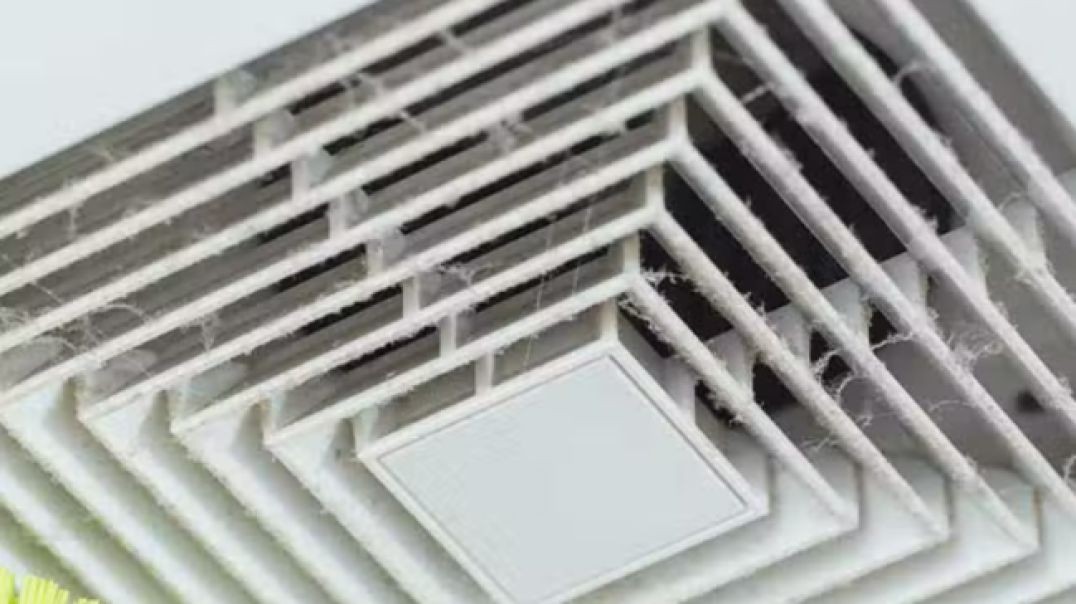In today's fast-paced world, owning a car has become a necessity for many. Whether you use it for daily commuting, road trips, or simply getting around town, your vehicle is a valuable asset. To ensure it serves you well and stays reliable for years to come, it's crucial to perform regular car maintenance. In this comprehensive guide, we'll explore practical car maintenance tips that will help you keep your vehicle in top shape.
Table of Contents
- Introduction
- The Importance of Regular Car Maintenance
- Essential Car Maintenance Tips
- Oil Change and Lubrication
- Tire Care and Rotation
- Brake Inspection and Replacement
- Battery Maintenance
- Air Filter Replacement
- Checking Fluid Levels
- Keeping Your Car Clean
- Benefits of DIY vs. Professional Maintenance
- Conclusion
- FAQs About Car Maintenance
Introduction
Your car is more than just a means of transportation; it's an investment in convenience and mobility. To protect that investment and ensure your safety on the road, regular car maintenance is essential. This guide will walk you through the basics of car maintenance, helping you become a more informed and proactive vehicle owner.
The Importance of Regular Car Maintenance
Regular car maintenance offers several advantages, including improved safety, extended lifespan of your vehicle, enhanced fuel efficiency, and reduced long-term repair costs. By following a maintenance schedule and addressing issues promptly, you'll enjoy a smoother and more trouble-free driving experience.
Essential Car Maintenance Tips
1. Oil Change and Lubrication
Regular oil changes and lubrication are the lifeblood of your car's engine. They prevent friction and heat buildup, ensuring your engine runs smoothly. Follow your vehicle manufacturer's recommendations for oil change intervals.
2. Tire Care and Rotation
Proper tire maintenance includes checking tire pressure, inspecting for wear and tear, and rotating your tires regularly. This extends tire lifespan and contributes to better fuel efficiency and handling.
3. Brake Inspection and Replacement
Brakes are a critical safety component. Regularly inspect brake pads and rotors, and replace them when necessary. Squeaky or grinding noises when braking are warning signs.
4. Battery Maintenance
Check your car battery's terminals for corrosion, and ensure they are securely connected. Battery replacement is typically needed every three to five years, depending on the type.
5. Air Filter Replacement
A clean air filter is crucial for proper engine performance. Replace it according to your manufacturer's recommendations, usually every 12,000 to 15,000 miles.
6. Checking Fluid Levels
Regularly check and top off essential fluids such as coolant, transmission fluid, brake fluid, and windshield washer fluid. Low fluid levels can lead to vehicle issues.
7. Keeping Your Car Clean
Regularly wash and wax your car to protect its exterior. A clean car not only looks better but also prevents rust and corrosion.
Benefits of DIY vs. Professional Maintenance
Deciding whether to perform maintenance tasks yourself or seek professional help depends on your comfort level and the complexity of the task. While some maintenance, like checking fluid levels, can be DIY, tasks like brake replacement are best left to professionals for safety reasons.
Conclusion
Car maintenance is a responsibility that comes with car ownership. By following these practical tips and adhering to your vehicle manufacturer's recommendations, you can keep your car in top shape, ensure your safety on the road, and save money on costly repairs in the long run.
FAQs About Car Maintenance
1. How often should I change my car's oil?
- Oil change intervals vary depending on your car's make and model, but a general guideline is every 3,000 to 5,000 miles for conventional oil and every 7,500 to 10,000 miles for synthetic oil.
2. When should I rotate my car's tires?
- Tire rotation is typically recommended every 6,000 to 8,000 miles or as specified in your vehicle's owner's manual.
3. How can I maintain my car battery?
- To maintain your car battery, keep the terminals clean, ensure they are securely connected, and have the battery tested regularly. Replace the battery every 3 to 5 years.
4. Why is brake maintenance important?
- Brake maintenance is crucial for safety. Well-maintained brakes ensure your ability to stop safely, preventing accidents and damage to your car.
5. How often should I replace my car's air filter?
- Air filter replacement frequency varies, but it's generally recommended every 12,000 to 15,000 miles or according to your vehicle manufacturer's guidelines.






























hassiemccollom
4 months ago